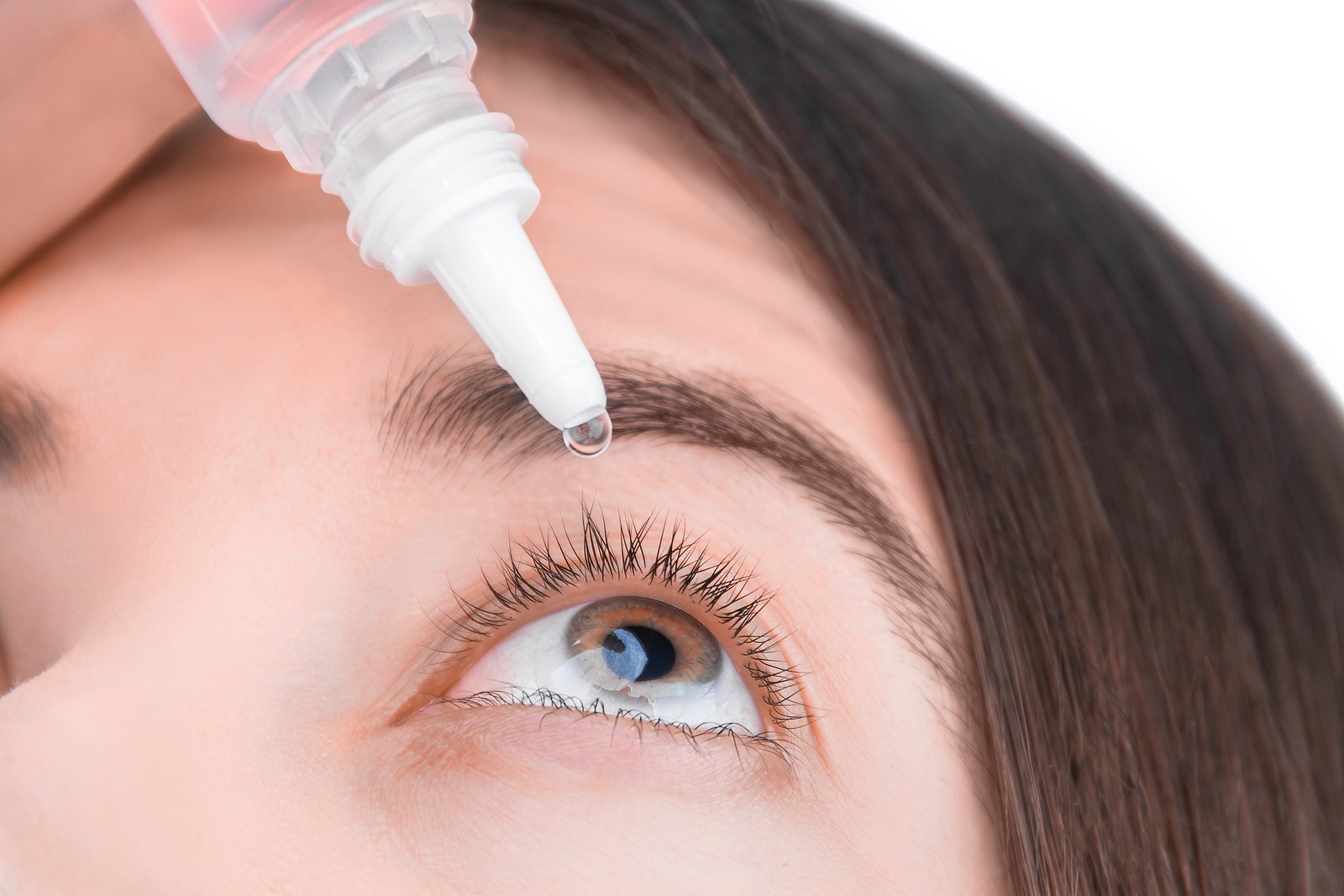8 Questions to Ask Your Eye Doctor About Dry Eyes

At ICON Eyecare in Grand Junction, we provide comprehensive services to help you preserve your eyesight for a lifetime. From cataracts to LASIK surgery, our services can improve your vision and overall quality of life. If you want premier vision care from the most trusted eye care specialists in Grand Junction, you can count on our team of experienced surgeons to provide truthful answers and great service.
As part of our commitment to our patients, we love to provide valuable information pertaining to eye health. Learn how to treat dry eye disease and other commonly asked questions about this condition.
1. What is dry eye disease?
Dry eye disease is a chronic condition that occurs when you do not produce enough tears or the tears are of poor quality. It typically affects women more than men but can be a real problem for both men and women. Types of dry eye disease include the following:
- Keratitis sicca related to Sjogren’s syndrome
- Keratoconjunctivitis sicca not related to Sjogren’s syndrome
- Meibomian gland dysfunction causing poor tear quality
2. What causes dry eye?
Several factors can impact how dry your eyes become. This includes dryness in the air and anything that can dry out your eyes. Common causes that trigger dry eye disease include turning on the heater or air conditioner and spending time outside when it’s windy, smoky or dry.
Other causes of dry eye include the following:
- Entering menopause
- Natural aging process
- Side effects of antihistamines and other drugs
- Physical deformities or injuries that prevent your eyelid from closing
- Inability to make tears caused by conditions such as rheumatoid arthritis and Sjogren’s syndrome
3. What are the symptoms of dry eye?
If you have a burning sensation and itchy eyes, you may have dry eye syndrome. Aching sensations, eye fatigue and heavy eyes are all symptoms of this condition. if you have red, sore eyes or blurred vision, you may have dry eye disease.
4. What factors worsen symptoms of dry eye?
Outdoors, windy conditions and dry climates can dry out your eyes. If tear evaporation exceeds the rate at which your lacrimal glands can produce new tears, you can end up with red, dry eyes. When you blink, your eyes spread tears across the surface of the eye to keep it moist. Activities such as staring at a computer screen reduce how much you blink, which can also result in dry eyes.
5. What happens if dry eye is not treated?
If you don’t alleviate dry, sore eyes, you can end up with corneal abrasions, eye inflammation and ulcers. You may even suffer from loss of vision. Chronic dry eyes make it hard to perform tasks such as reading and working on the computer. Therefore, it’s important to treat your dry eyes as advised by your eye doctor.
6. Do I need to see an eye doctor about dry eye?
If your symptoms do not improve after a few days, make an appointment with your eye doctor to make sure that everything looks normal. Your eye doctor can also diagnose any underlying conditions that may contribute to your dry eye disease.
Prolonged symptoms can lead to severe cases of dryness which may result in damage to the cornea and leave your eyes extremely sensitive to light. If symptoms worsen or you experience severe pain, come in for an eye exam right away. Our eye care specialists can treat the cornea and conjunctiva and prescribe drops that treat your condition.
7. How do I manage dry eye and wearing contact lenses?
It’s crucial to know how to treat dry eye if you wear contacts. Use rewetting drops prior to putting in your contact lenses. Keep drops with you so that you can use them if your eyes become dry throughout the day. This is especially important if you spend a lot of time in a heated room or other dry environment. Using drops with no preservatives can help prevent irritation. If irritation continues or worsens, contact our office to schedule an appointment.
8. Can dry eye disease be cured?
There is no cure for dry eye disease. This is a progressive condition that may grow worse as you age, or the underlying cause becomes more severe. In many cases, dry eye is easy to manage with eye drops and good eye hygiene but many people suffer needlessly from this disease. At ICON Eyecare in Grand Junction, we are well equipped to treat your dry eyes with specialized treatments to help your eyes feel better again.
Contact ICON Eyecare for specialty eye care such as dry eye disease, cataracts, LASIK surgery and general eye care. We are your eye care specialists in Grand Junction!
[DISPLAY_ULTIMATE_SOCIAL_ICONS]








